After an injury, most North Carolinians’ primary goal is to return to work as soon as possible. The North Carolina Workers Compensation system is designed to return the injured worker to work as soon as they are medically able.
Under the North Carolina Workers’ Compensation Act, employees who suffer a work-related injury or illness are entitled to compensation for medical treatment and lost wages if their employer has three or more employees on the payroll. Workers’ comp benefits must then be provided to injured workers until they can return to work or settle their claim.
So, what are your options? How long will you have to stay off work?
If you have questions about the workers’ comp return to work policy and receiving workers’ compensation benefits contact a workers’ compensation lawyer immediately. At Collier Law, we can help you get the answers and benefits you need and deserve. Call today for a free consultation.
Does My Employer Have to Keep My Job Open?
A return to work policy is designed to help injured employees get back to work in a safe and timely manner. However, according to the North Carolina Industrial Commission, employers are not legally required to accommodate work restrictions or limitations placed on an injured employee by their doctor.
What is Suitable Employment in North Carolina?
N.C.G.S. 97-2(22) defines suitable employment as employment “available to the employee that (i) prior to reaching maximum medical improvement is within the employee’s work restrictions, including rehabilitative or other noncompetitive employment with the employer of injury approved by the employee’s authorized health care provider or (ii) after reaching maximum medical improvement is employment that the employee is capable of performing considering the employee’s preexisting and injury-related physical and mental limitations, vocational skills, education, and experience and is located within a 50‑mile radius of the employee’s residence at the time of injury or the employee’s current residence if the employee had a legitimate reason to relocate since the date of injury. No one factor shall be considered exclusively in determining suitable employment.
The statute divides suitable employment into two time periods: pre and post-maximum medical improvement (MMI). Pre-MMI means the rehabilitative phase – after you are hurt and before you have plateaued in your recovery. During that phase, the employer can require you to return to work in a light-duty position if it is approved by the authorized treating physician. Prior to returning to work in a light duty position, you should make sure your doctor has reviewed a light duty job description.
- After you reach maximum medical improvement, there are many factors to consider in determining whether a job is considered “suitable.” N.C.G.S. 97-2(22) lists some of these factors, but specifically states that no one factor shall be considered exclusively.
Will Returning to Work Impact My Workers’ Compensation Benefits?
Generally speaking, if you return to work in some capacity, your workers’ compensation benefits will be impacted. For example, if you can return to work but earn only a portion of your previous wages, you may be eligible for temporary partial disability benefits, which is the ⅔ of the difference between what you were making before you were injured and what you are making now.
If you have any questions about returning to work or your ability to receive workers’ compensation benefits, it is best to speak with an experienced attorney at Collier Law. An attorney can help you understand your rights and options under the law.
Can I Be Forced Back to Work After an Injury?
Your employer cannot force you to return to work, but if you refuse “suitable employment,” you may not be entitled to a weekly check. The law divides the healing process into two phases: pre and post-MMI (maximum medical improvement. MMI is the point at which your doctor believes you have reached your maximum healing potential.
Depending on the worker’s level of recovery, the doctor may fully release the worker to return to work with no restrictions. It is important to note that even if your doctor releases you to return to work with no restrictions, you may still have the right to receive ongoing compensation.
What If I’m Not Ready to Return to Work?
In some cases, the doctor provided by your employer’s insurance company may declare that you have reached MMI and release you to return to work without restrictions. feel that you are not ready or do not agree with your employer or workers’ compensation about your return to work, you may need to speak with an attorney at Collier Law.
An attorney can help you understand your rights and guide you through the process. We will help you get the information you need to make the best decision for your situation.
What Happens If I Cannot Return to Work After an Injury?
If you cannot return to work after an injury, you will continue to receive workers comp benefits. These benefits help you cover medical expenses and lost wages. You may also be able to receive retraining or job placement assistance.
Before You Return To Work, Contact a Workers’ Compensation Attorney
If you or someone you love has suffered a job-related injury or illness, call an experienced workers’ compensation attorney at Collier Law for assistance with your workers’ comp case.
You are so much more than a number to us: we value our attorney-client relationship and getting the justice you deserve. We are advocates for injured employees. Call for a free consultation to find out how we may assist you.
